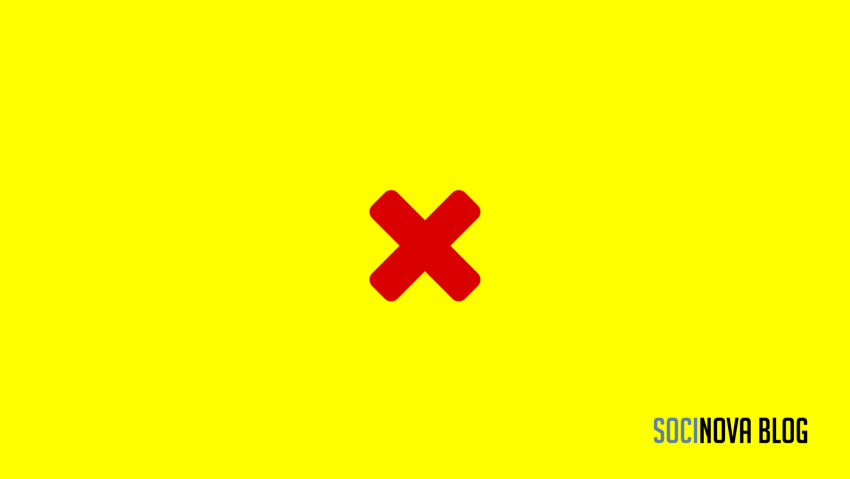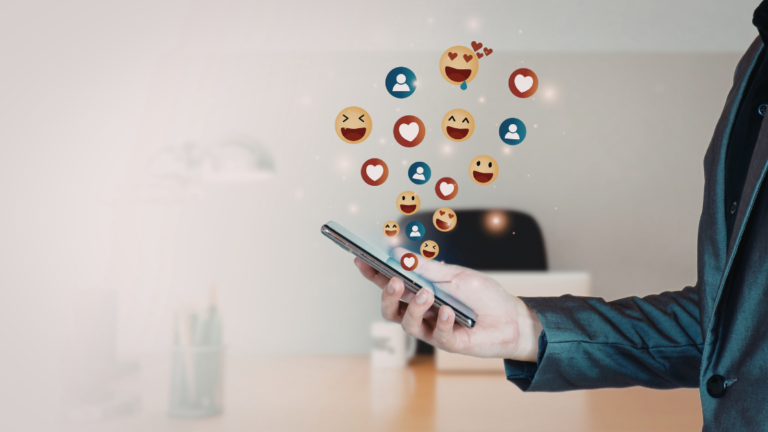The Arab Spring, the Nepal earthquake, the Brussels terror attack – these are ample proofs of the critical role of social media in contemporary contexts. The revolutionary impact and reach of social media also demands that we watch what we do. What you do on social media stays there forever, so it’s important that you only put the right stuff there. Let us look at the ten things you absolutely should not do on social media.
- The virtual socialising space is not a space for personal woes, intimate information or spilling the beans. Prolific use of networking sites has led to a blurring of divides and the absence of clear definitions of ‘public’ and ‘private’. Sending out and sharing irrelevant personal information is also a telling exhibition of personal insecurity.
- Facebook or LinkedIn are not forums for controversy and negativity. Posting nasty comments and using abusive language, arguments and directed attacks on people should be avoided.
- We do, of course, come back from parties, vacations, family gatherings and meet-ups eager to share pictures and receive likes and comments. Remember that every picture does not have to be put up; and more importantly, you should not share anyone’s picture without permission.
- Trolling is provocative and disruptive. Express opinion, save the ranting. Don’t make fun of any person or brand just to make yourself look superior. Calling someone else ugly doesn’t make you any prettier.
- The other end of the experience would be a public apology that is equally distasteful. Pick up the phone, text or send an email and spare the large networked community.
- While networking with professionals on Twitter and LinkedIn, endorsements and referrals are great ways to advance professional careers. We must be careful not to cross lines of etiquette and decorum when sending requests for interviews or enquiring for openings. Aggression is something we have learnt to avoid in person. Stick to it on social media.
- Impulse and spontaneity are good for creativity. But then, think before posting any company information or news of exciting developments that have only reached the internal discussions. Any sort of speculation or inside information can go viral. This could be costly.
- A memory of a wild night when beer was flowing free is fine in a personal album. Harmless fun, but could lead to a career on the downslide if accidentally seen by current or prospective employers. Show it off elsewhere!
- If a photo uploaded is decisively derogatory or can cause embarrassment, why tag someone you know? Without being intentionally rude, tags draw a lot of attention and create negative sentiments.
- Deception is entirely unjustified on social media. The online community is alert and aware of both victims and unreliable sources. It will not be long before the law catches up.
Social media is, after all, a community. Like your real life. So as in real life, bring a sense of balance, refinement and trust online.




